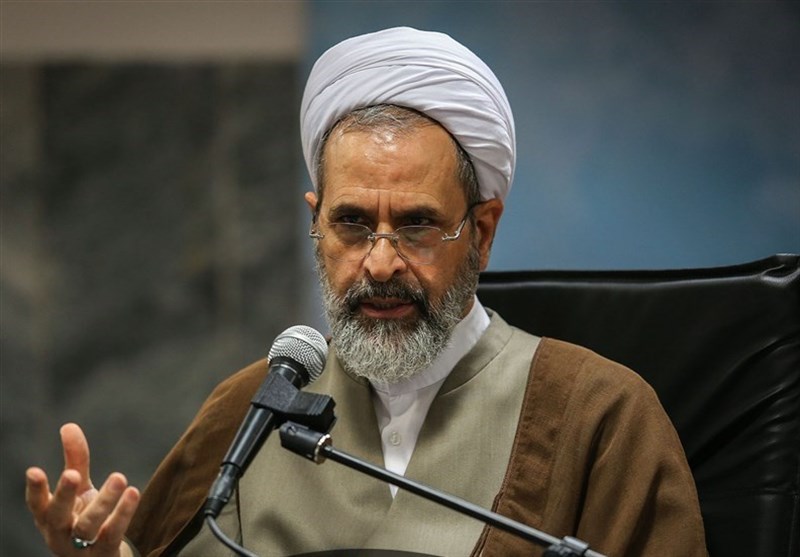AhlulBayt News Agency (ABNA): Ayatollah Alireza Arafi, head of the Iranian seminaries, called for a renewed focus on Quranic interpretation and translation efforts, while also urging further integration of humanities and emerging technologies such as artificial intelligence in the field.
The remarks were delivered during a Saturday meeting focused on the evolving scope of Quranic studies and interpretive sciences within Iranian religious institutions with a number of lecturers and scholars in Qom.
Reflecting on advancements in Quranic interpretation, Ayatollah Arafi highlighted the work of notable scholars like Allameh Tabatabai, whose seminal text, Al-Mizan, laid the groundwork for subsequent interpretations.
Following his contributions, other scholars, including Ayatollah Javadi Amoli and Ayatollah Makarem Shirazi, continued to develop comprehensive exegeses, expanding the discipline significantly, Arafi said, adding, “Today, we witness a broader reach of Quranic interpretations into areas such as humanities and social sciences, with numerous publications produced to support these fields.”
Stressing the need to expand translations of the Quran, he noted that while the Bible has been translated into over a thousand languages and dialects, the Quran currently exists in approximately 100 languages. “There is much room for growth here, and questions remain about the precision of these translations,” he said.
Discussing academic structures within seminaries, Arafi mentioned that nearly 400 specialized fields have been established across 17 areas of knowledge, including more than 30 specific branches within Quranic interpretation. The seminaries now offer 266 advanced courses on Quranic studies, reflecting the increasing emphasis on this field.
Arafi further addressed new frontiers in Quranic research, including interpretive approaches focused on comparative analysis with other religious texts and employing modern technology. “The subject of artificial intelligence and its application to Quranic studies should be considered,” he added.
On the traditional values within seminaries, Arafi praised the scholarly rigor maintained by senior clerics who continue to produce significant research even into old age. “Many of our elder scholars remain actively engaged in writing and research, serving as models for us all,” he added.
The senior cleric advocated for a five-year educational plan dedicated to specialized Quranic interpretation studies, alongside support for top scholars and Quranic arts.
......................
End/ 257

